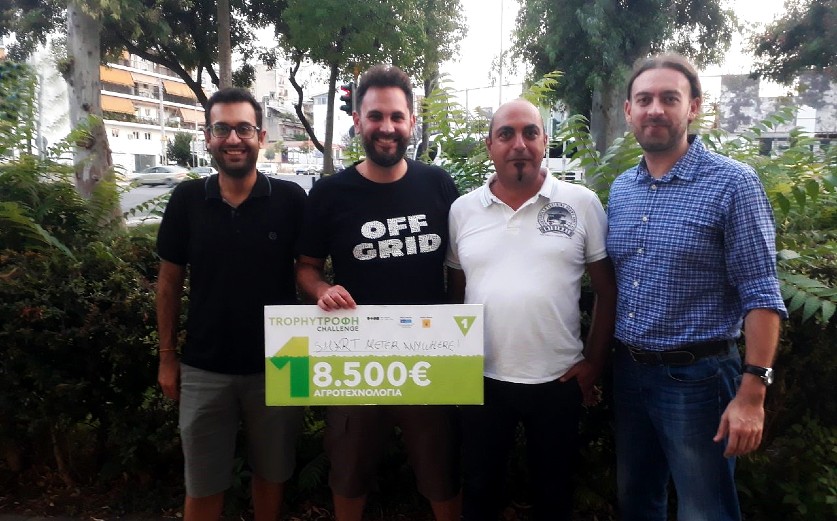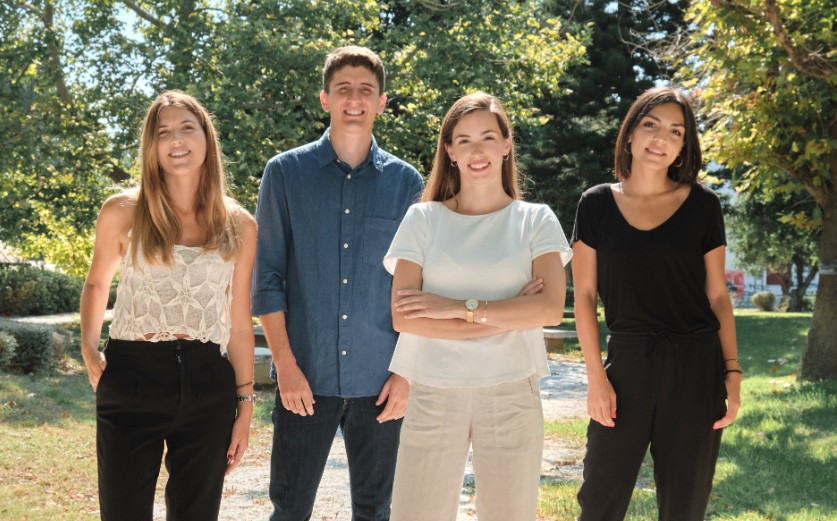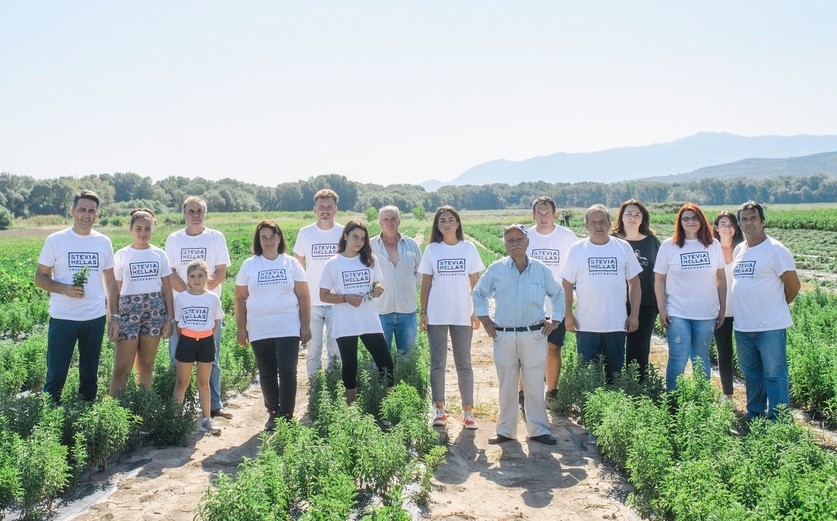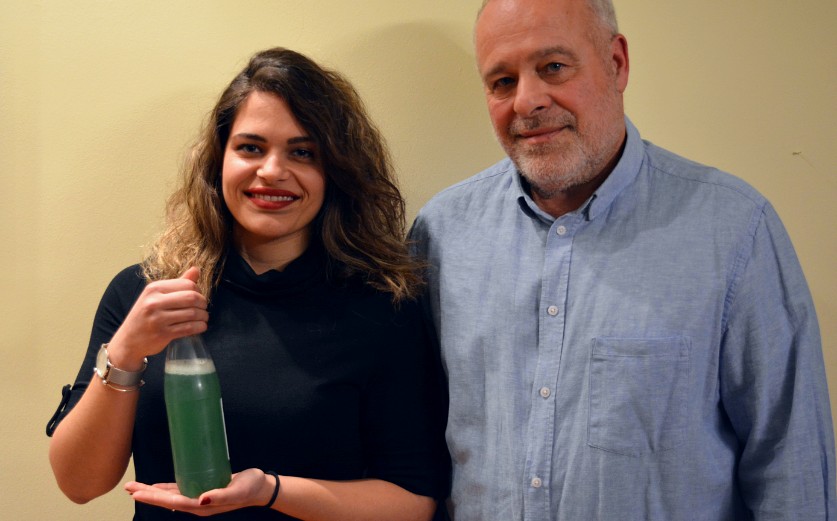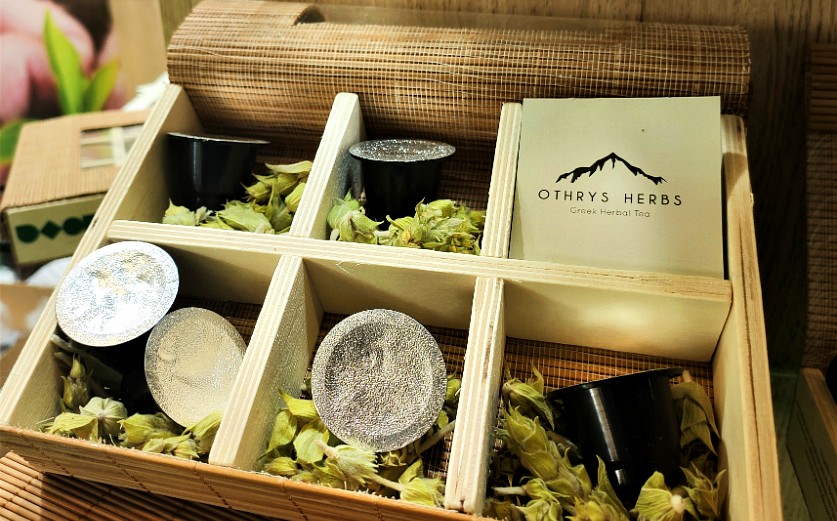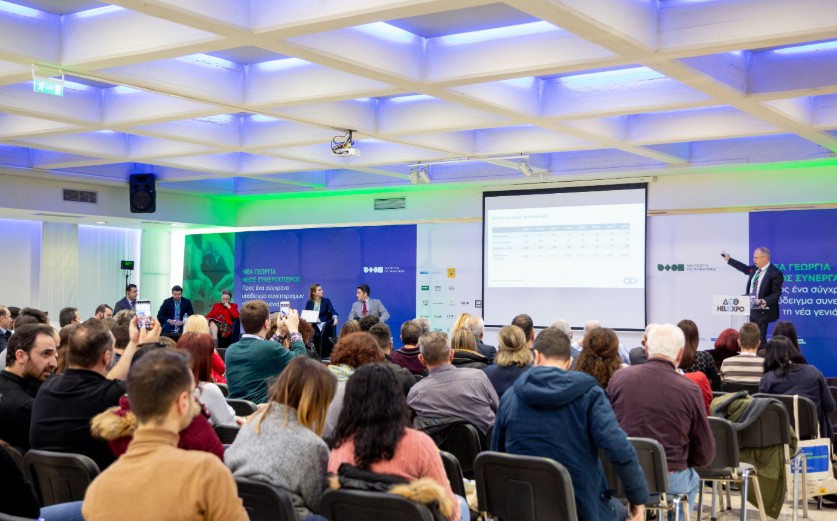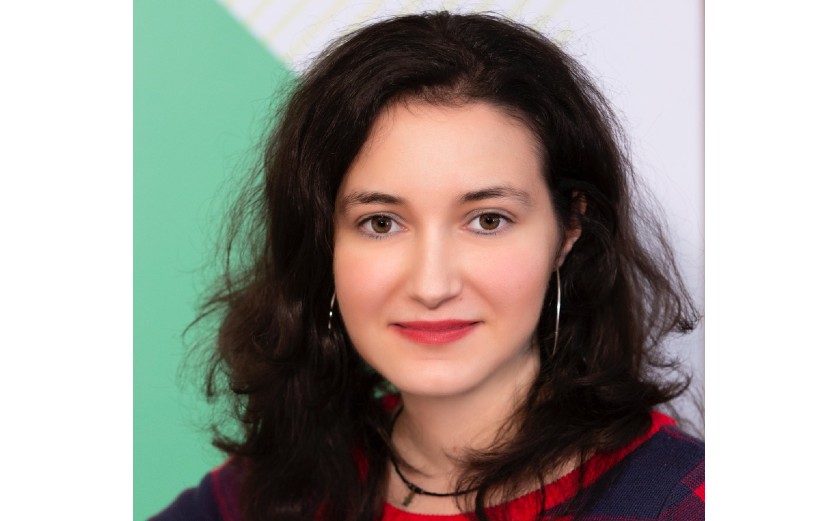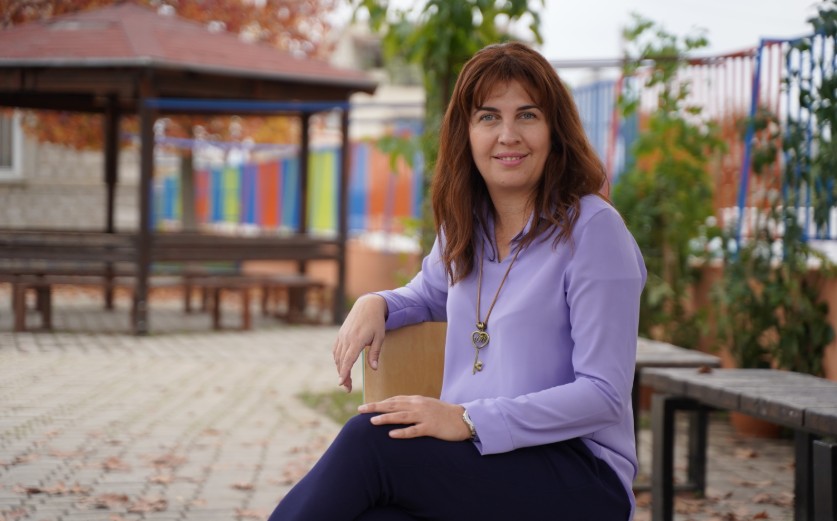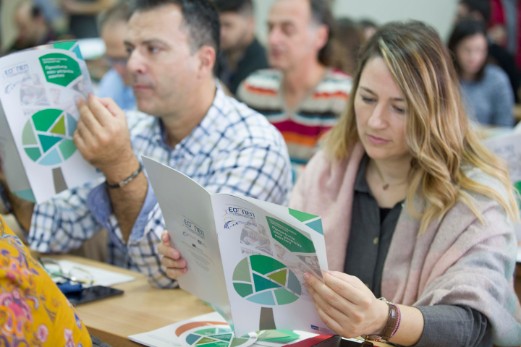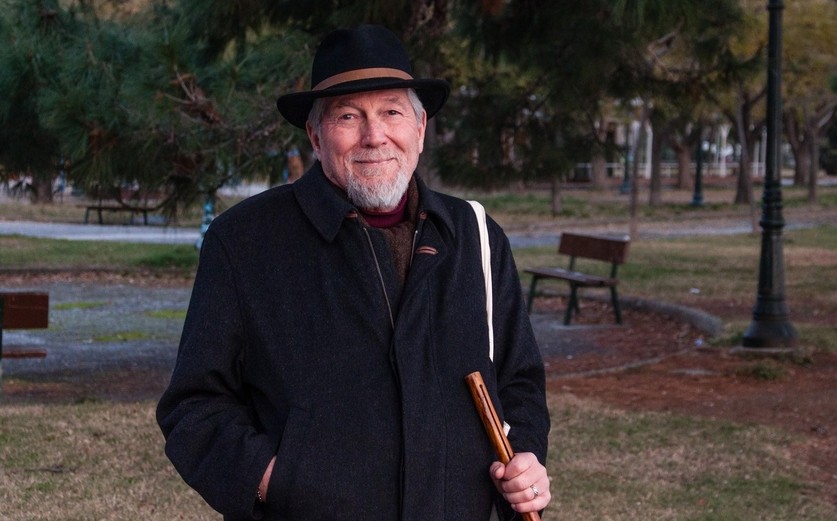In these troubling times, talking to someone like George Kyriakarakos, gives you hope and makes you optimistic about the future. As long as there are initiatives like Smart Meter Anywhere, designed for the benefit of others and offering help where no one expects it, you start to think that things can actually go well.
When energy meets smart agriculture
George is a founding member of the “Smart Meter Anywhere” team. “Smart Meter Anywhere” answers a basic living problem that may seem a bit far from here, as it is found in Sub-Saharan Africa. Giving a brief description, “Smart Meter Anywhere” is a smart energy meter platform in which users can prepay for pay-as-you-go electricity and manage their finances easily. Such models are widely used across Africa.
Their platform, however, has an additional feature, which makes it the only company in the world that can offer a full solution. “Smart Meter Anywhere” connects electricity meters to agriculture, highlighting it’s fundamental role in increasing the living standards of people living in Sub-Saharan Africa. Thus, it allows users to connect their smart meter platform in various agricultural-related devices, such as a grinder, an oil press and an irrigation pump.
Looking back at how the team began and the idea evolved, George told me that he finished his doctorate in 2012 at the Agricultural University of Athens on “Energy Management in autonomous micro-networks with artificial intelligence” or as he says “To put it simply, on solutions to provide energy to rural areas of developing countries “. After that, he worked at the Center for Renewable Energy Sources and Saving and then, at a consulting firm where he began visiting Sub-Saharan Africa as an energy consultant, implementing projects that benefited the African Union. In addition, George was an active member of the teams that drafted some of the first institutional texts of the African Union, which mainly concerned the harmonization of the electricity market as well as issues of institutional and regulatory framework for the operation of micro-networks, which have been adopted by all the 55 Leaders of the African States.
Combining both his studies and the experiences he gained while traveling in Africa, he saw firsthand that there is a huge deficit in the integration of agricultural-related devices into energy metering systems, while it is proved that these practices could improve business viability in rural electrification.
“In Sub-Saharan African villages, people are basically living in the dark. Our fellow human beings do not have access to electricity. In fact, according to the UN evaluation framework, access can mean from having a single light bulb in a household or maybe a photovoltaic lamp that can only charge one mobile phone” George told me. He went on saying that, “So, it is obvious that 600 million people don’t have a single light in their homes, they practically live in the dark”.
Innovation in the agri-food sector and the Trophy-Τροφή Challenge
So, in 2017, George came up with the idea of the smart meter anywhere and after a laboratory prototype he made in 2018, he met with 3 friends, Christos Karvas, Konstantinos Kottikas and Michalis Faridis and together, they decided to start implementing it. Christos is a Mechanical Engineer, with a PhD in “Automatic Control of Micro-networks” at the AUA, where he and George met. Konstantinos is an Economist and PhD candidate in “Marketing” and Michalis is a developer specialized in “Stock Market Cyber Security”, with a great experience. The team is also completed by Alexandros Lazanas, a childhood friend of George who lives in England and works in the investment banking industry, helping the team significantly in financing.
They then decided to take part in the European PowerUp! competition where they qualified, representing Greece in the finals in Europe. After this participation and having gained precious skills on how to present their product appropriately, they prepared for the Trophy-Τροφή Challenge competition, of the “New Agriculture for a New Generation” program.
“The Trophy-Τροφή Challenge sounded a very good idea, as we wanted to take part in a competition that is also related to the agricultural sector. We were glad to see that the competition was well organized, while everything during the finals, from the space, to the presentations by entrepreneurs and the support from the team of the “New Agriculture for a New Generation” program, it was all perfect. It was a high-level competition”, said George while adding that “As in such competitions, each team must feel that it is winning something, regardless of whether it wins one of the first prizes. And Trophy-Τροφή Challenge makes you feel exactly that. That you have gained valuable knowledge and you are one step closer to your goal”.
“Smart Meter Anywhere” won the 1st prize in the Agri-tech category, winning both a major cash prize, valuable support from Endeavor Greece and an educational trip to Rutgers University in the United States.
As for the prizes, the team considered them very important for the development and support of “Smart Meter Anywhere”. “The € 8,500 cash prize was extremely important, as we are now in the final stages before the company is founded and this money will be our founding capital,” says George. But it wasn’t just that. As he says “Through the support provided by Endeavor Greece as another of the prizes we won from the competition, we attended specialized seminars that gave us knowledge and skills that are really worth having. The training was tailored on the needs of the team and on our goals, so their contribution to our business development was very important”.
Of course, the prize that everyone was waiting for was the big educational trip to Rutgers University in the USA. “We were thrilled for being able to do this trip! And after coming back we realized that the things we gained from this weren’t just about academic knowledge, it was something bigger. Through the meetings that were organized, we learned the ways in which we can enter the market safely, we talked to people who have made start-ups and we got really valuable information”, says George.
He also told me that a great benefit for them was the fact that they were able to see a different way of opperation, a different model used by Universities in America. A model where entrepreneurship is at the core of universities, but this does not make them lose their social role. A model where teaching is focused not only in theory, but also in experience and practice.
Social entrepreneurship of tomorrow
For the team, “Smart Meter Anywhere” is not just a business venture aimed at making a profit. They try to give people what they really need, not what we think they need by creating a product that is fully open, accessible and customizable, depending on the needs of each area and each individual.
“When you have made the choice to work in Sub-Saharan Africa, you do it because you want to help, doing your part in something better. Help some of our fellow human beings who do not have the things that we have,” George told me.
He admits that it can be difficult sometimes and that he had many wrong beliefs about African countries before visiting them. “Things that we thought were very important when we were studying in the university, when I visited Africa, I quickly realized that there, they were pointless. There were more serious needs that needed to be answered. We try to remind the world of something that is very crucial to us, that agriculture should be at the center of any electrification effort in developing countries. The only way to make an electrification investment sustainable is to be able to create economic activity in these areas and that can only happen if you use agriculture. Agriculture is the sector of the economy that is intertwined with rural areas, if you manage to increase the quality and quantity of agricultural production you will help ensure food for the people there. And after that, you give these people the opportunity to have some increased revenue through agricultural production. It is an overall decentralized development that focuses on local development, but in a sustainable way, that highlights the social cohesion and the possibilities of each different area”, said George.
Now the team is preparing for the next day that will come, after the new challenges that Covid-19 brought to our lives. Their immediate goal is to complete their business plan and a fully functional demo, which will take place at the Agricultural University of Athens and through it, any researcher will be able to see the product operating in almost real conditions.
